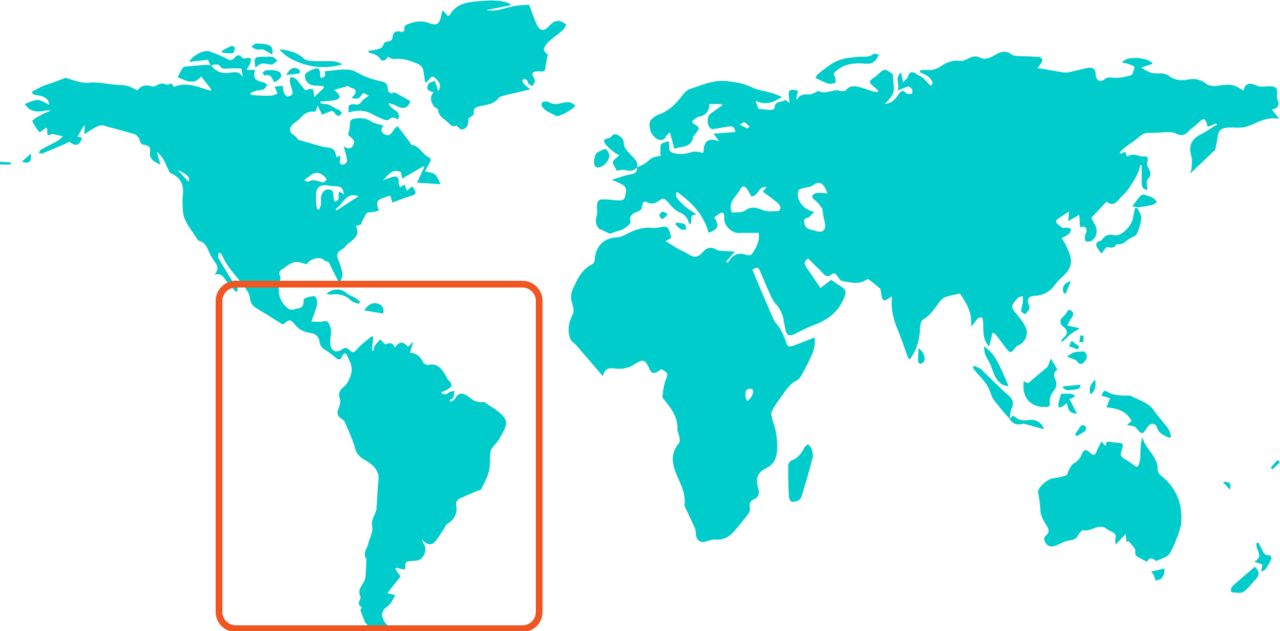The situation of children in Latin America and the Caribbean in numbers
95% of our children in care are in institutions and NOT in families, waiting on average 4.5 years. And MANY more are living exposed and vulnerable within their own homes, but have nowhere to go, for lack of safe families to care for them.
CHILDREN IN INSTITUTIONS
240,000 children grow up in residential care centers 10% are under 3 YEARS OLD
CHILD POVERTY
46,2% of children aged 0-14 in Latin America live in poverty. These children mostly live in remote rural areas, and increasingly in peri-urban settings.
DOMESTIC VIOLENCE
63% of children under 15 years old experience violent discipline at home (psychological or physical)
7.9 MILLION migrants under 18 in the Americas. There is an increasing number of vulnerable children moving on their own often ¬eeing from poverty and violence in their homes or communities
EARLY CHILDHOOD EDUCATION
- Almost 12 million children and adolescents are outside the education system
- Over 8 million children under 14 have a disability and are at risk of being excluded
- 1 out of 20 children under 5 is left home alone or under the care of a child under 10 years
The solution is clear:
- Children at-risk of separation need family strengthening
- Children removed from their homes need temporary loving foster families while their case proceeds
- Children separated from their families need reunification whenever possible and safe
- Children who can’t go home to their own family need permanency with a local adoptive family
- Youth aging out of children’s homes need families/mentors to love and support them
Latin America WO works to:
- End the institutionalization of children through lobby and advocacy campaigns
- Strengthen crises families to prevent family-child separation and support Foster and Adoptive families through training and support programs
- Engage churches to support families and promote adoption
- Building new national movements in the region
"Source: UNICEF, Humanium, SOS Children's Villages International".





